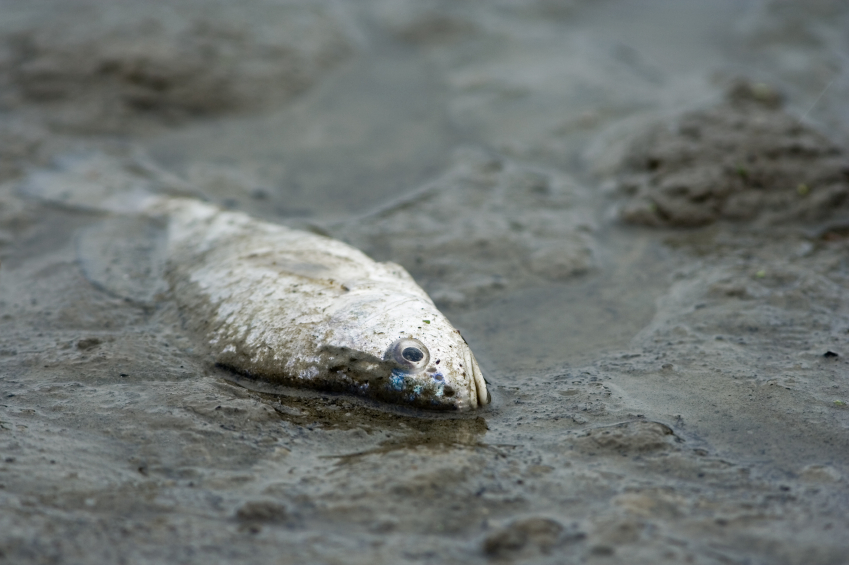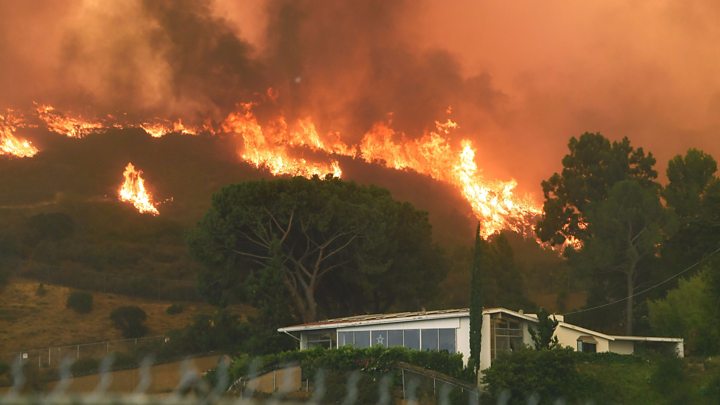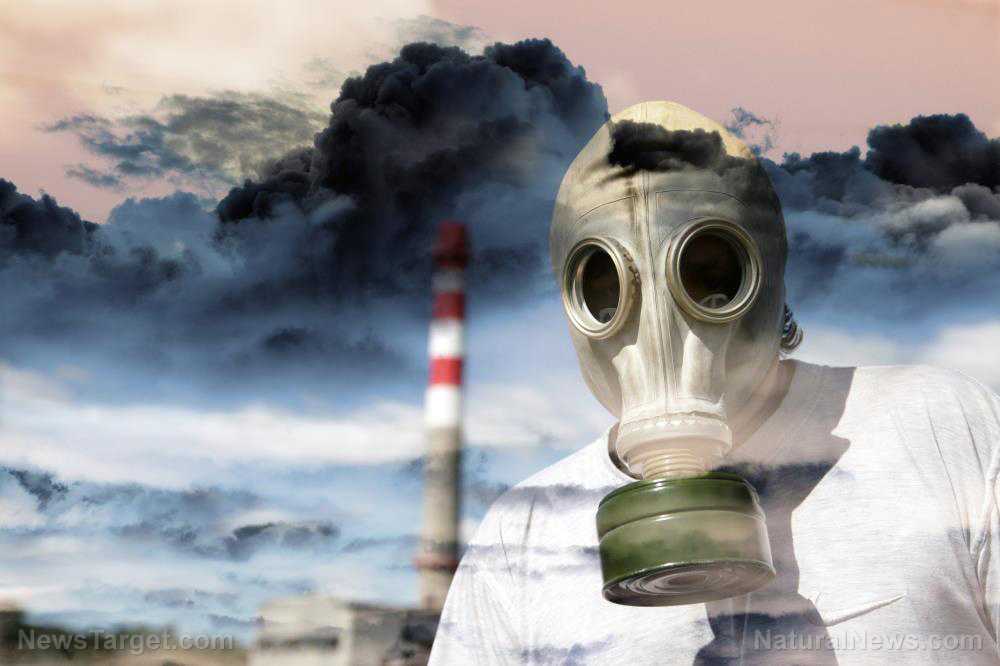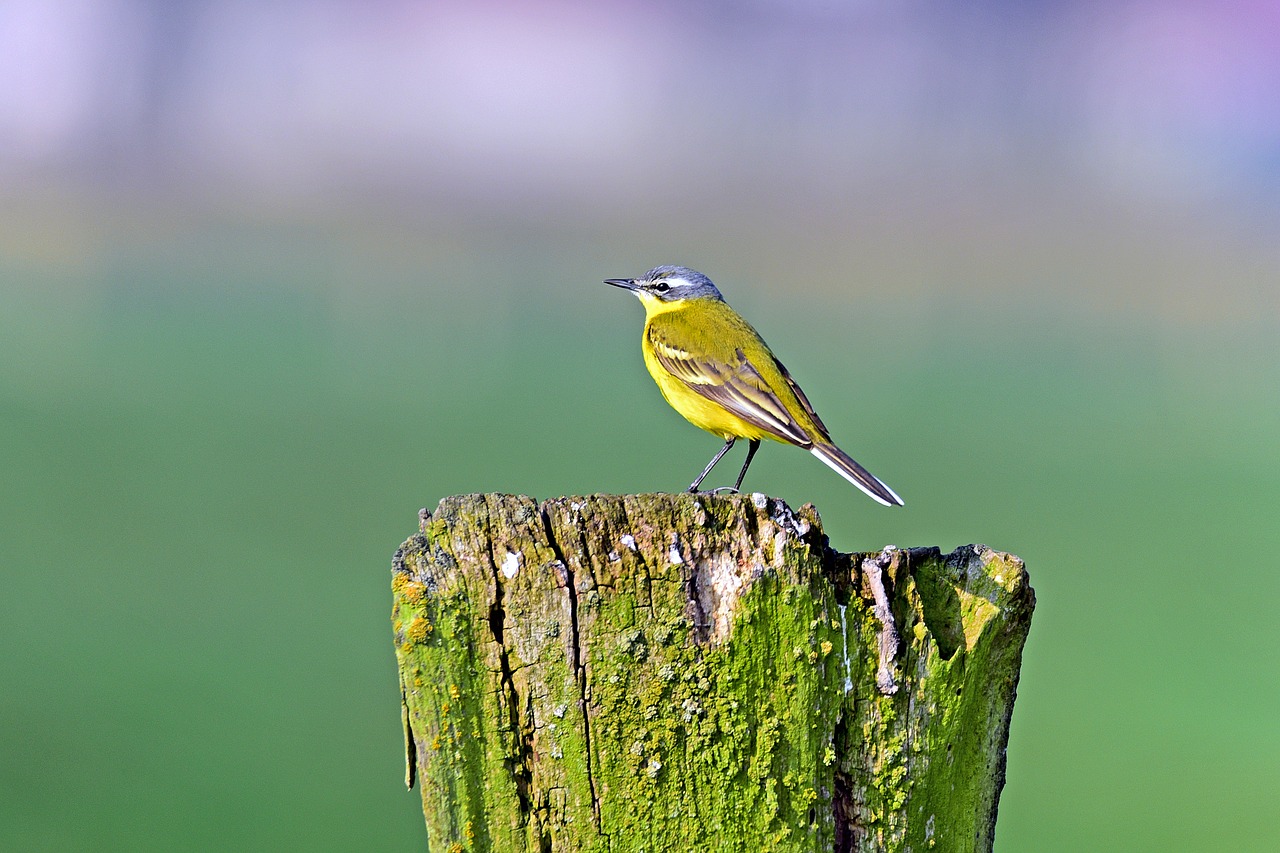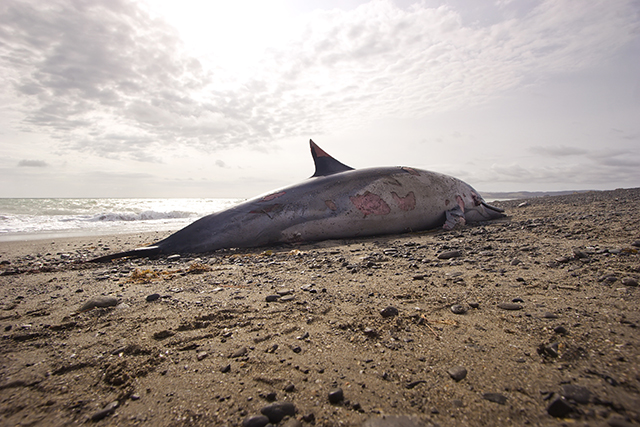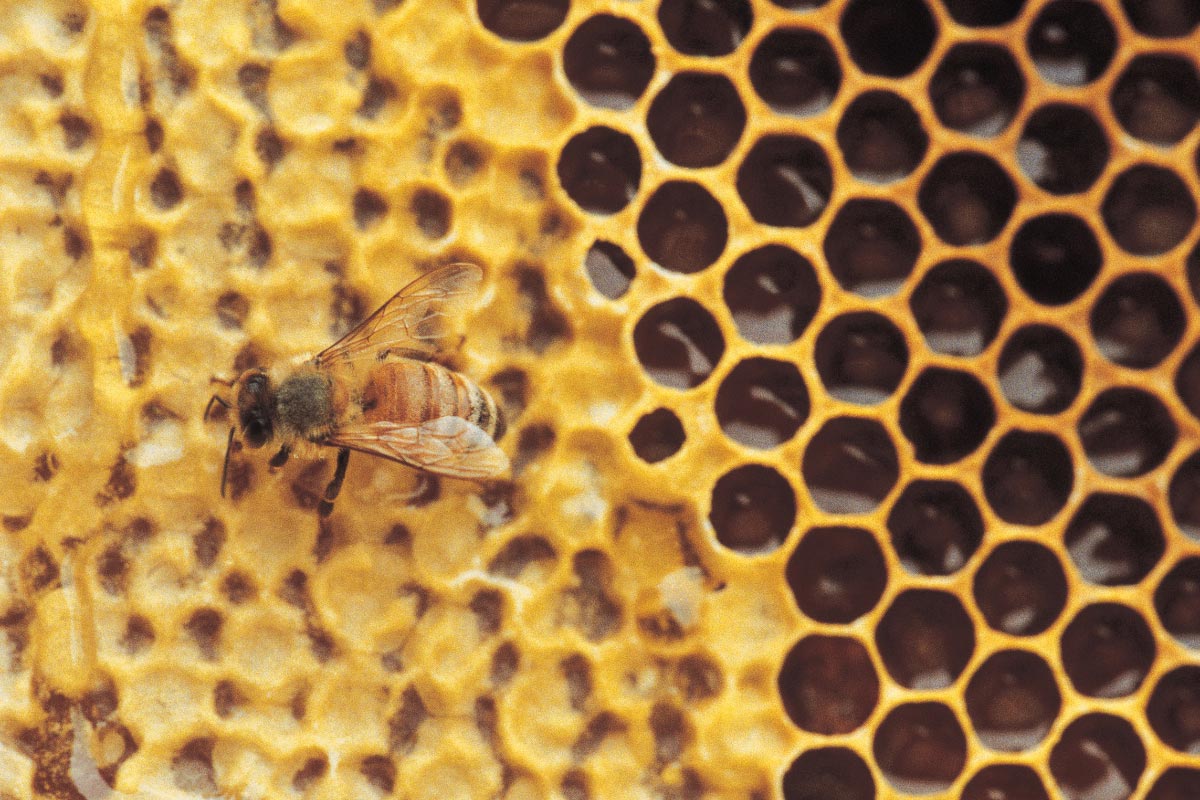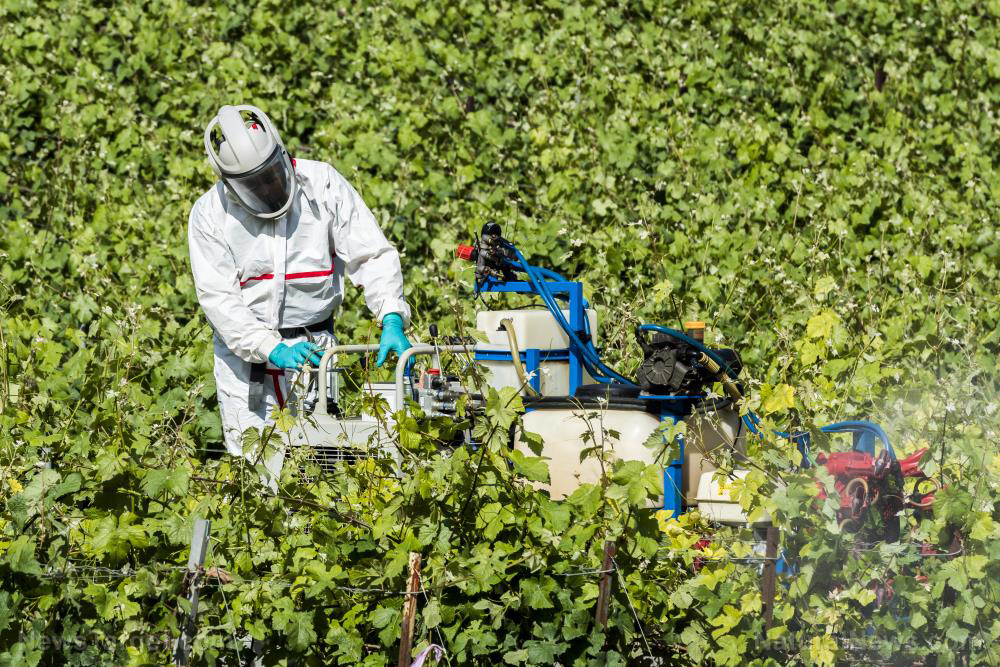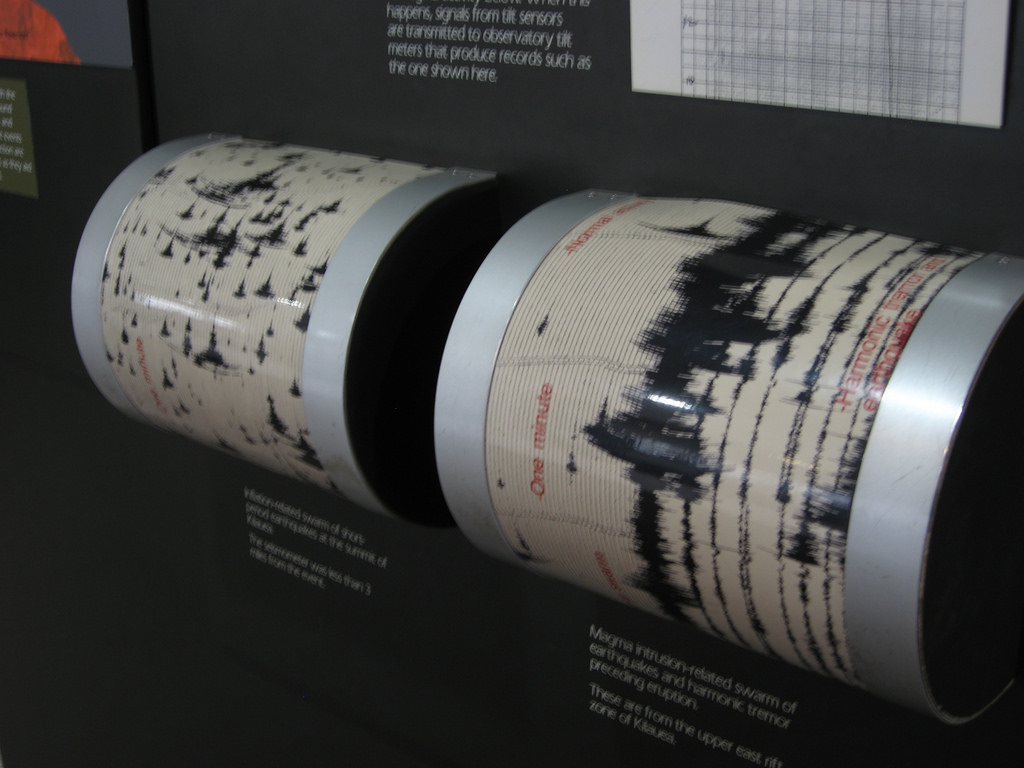The Pine Gulch Fire is now the second largest wildfire in Colorado history
08/20/2020 / By Virgilio Marin
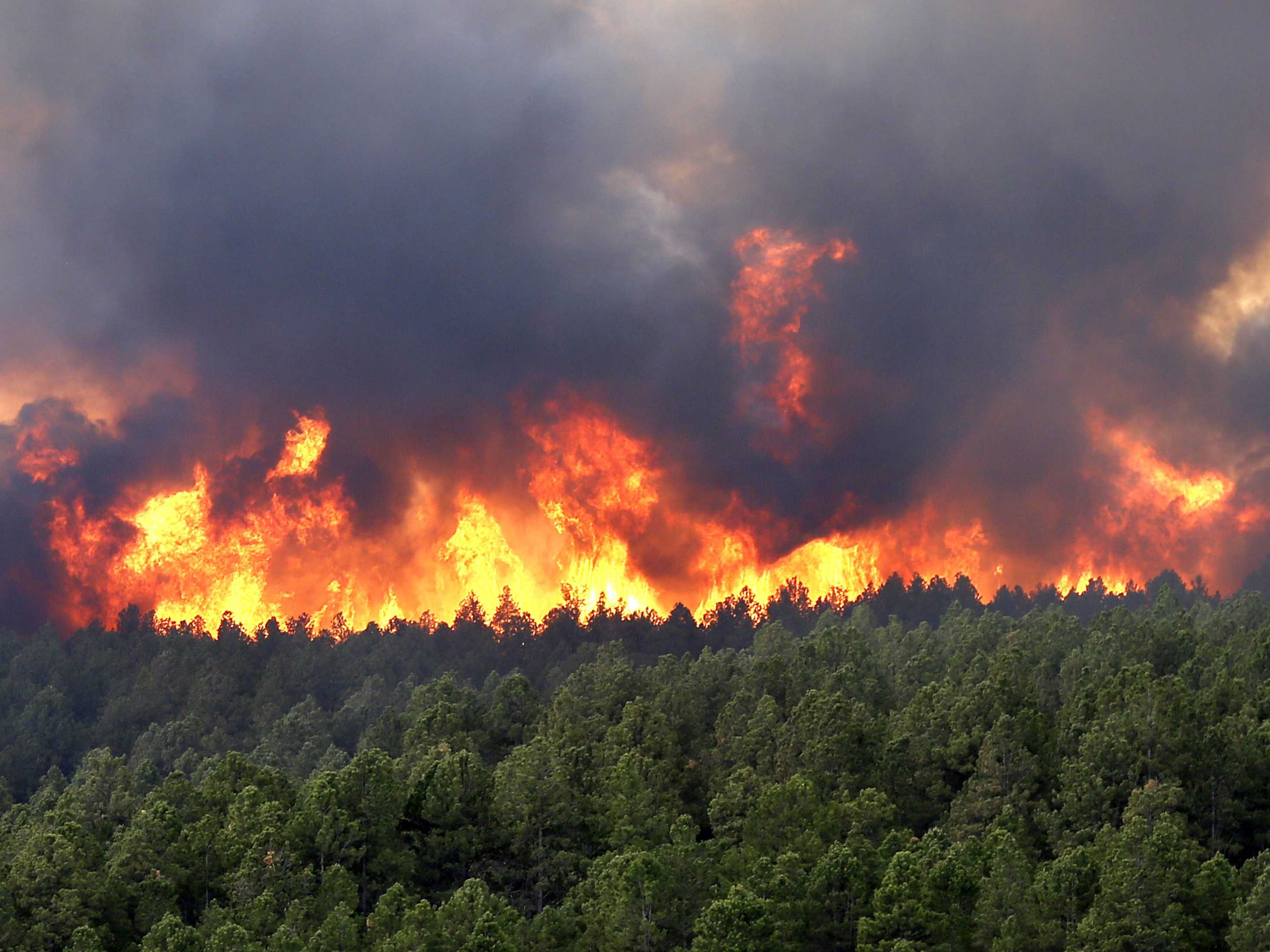
The Pine Gulch Fire is now the second-largest wildfire in Colorado history after burning tens of thousands more acres overnight.
The Rocky Mountain Area Coordination Center said that the wildfire grew to more than 37,000 acres over the night on Tuesday, August 18, thanks to strong winds from a thunderstorm caused the fire to spread westward. The scorched area is now at 125,108 acres, surpassing 2018’s Spring Creek Fire that burned 108,045 acres of land.
The wildfire was first reported on July 31 about 18 miles north of Grand Junction, having apparently started due to a lightning strike. About 14 percent of the fire is contained so far.
Evacuation notices were sent to homes in country roads that abut the affected zones. Meanwhile, those who lived farther out were advised to limit outdoor activities and stay indoors due to the smoke.
Authorities warned that under the right circumstances, a pyrocumulus cloud could form and create lightning and thunder over the fire. They previously recorded hours of lightning on Tuesday evening. No injury was reported among the firemen during the storm but a similar weather pattern is expected to recur.
Dry and hot conditions worsen fire
According to the Rocky Mountain Incident Management Team, strong winds from a previous thunderstorm blew for three to four hours, reaching speeds of 40 miles per hour. The gusts of wind created “extreme and erratic fire behavior.” Crown fire activity burned the tops of trees while long-range spotting created new fires in different, farther locations.
Officials said that the fire is not likely to shrink any time soon. The extremely dry conditions, high temperatures and the wind may continue to encourage its growth.
According to Lisa Kriederman, an incident meteorologist with the National Weather Service, temperatures had been very warm since the last week of July. The area also recently set records for low humidity.
“We just have no moisture in the atmosphere. And that’s going to transfer to the fuels. So our bushes, our trees, the heavy timbers, all that dry is going to transfer to them. And they are going down to near or record values of low moisture,” said Kriederman.
Due to the fire’s expansion, authorities released evacuation orders and pre-evacuation notices for rural residents living near the fire and the Utah border. They also advised people to stay indoors, especially those with heart disease, respiratory illnesses, as well as the very young and the elderly. (Related: Why do Californians keep building their homes in fire zones prone to catastrophe? It all comes down to bad government policy.)
Campfires, fireworks and other open sources of ignition were also banned for 30 days. Meanwhile, multiple country roads were closed down.
Authorities said that firefighters were currently focused on the west side of the fire to prevent the flames from crossing containment lines. They are also concerned about further thunderstorms that come without rain as they limit fire suppression efforts, on top of bringing strong winds that can hinder aircraft. Air tankers and helicopters are typically sent to aid in snuffing wildfires.
However, firefighting efforts made good progress on the northeast and southeast front of the fire.
“That all is looking good. We’re optimistic about that part of it,” said Tracy LeClair, spokeswoman for the Pine Gulch Fire Authority.
Ongoing wildfires in Colorado, rest of U.S.
With its expansion, the Pine Gulch Fire is now second only to the 2002 Hayman Fire as the biggest wildfire in Colorado history. Hayman blazed through more than 137,000 acres of land.
Pine Gulch is also one of the four wildfires currently occurring in Colorado. The Grizzly Creek Fire has burned 29,000 acres while the Cameron Peak Fire and Williams Fork Fire have burned 15,000 and 6,700 acres, respectively. The four wildfires have scorched an average of 175,700 acres so far.
Across the United States, the National Interagency Fire Center recorded 77 active large fires that have burned almost 650,000 acres in 14 states. Twenty-two of these fires were reported on Tuesday, August 18. The country has had more than 37,000 fires to date in 2020. The decade average is nearly 39,900.
Learn more about the ongoing wildfires at Disaster.news.
Sources include:
Tagged Under: 2020, Climate, Colorado, disaster, environment, fire, fires, forest, summer, US, weather, wildfire
RECENT NEWS & ARTICLES
COPYRIGHT © 2017 ENVIRON NEWS



